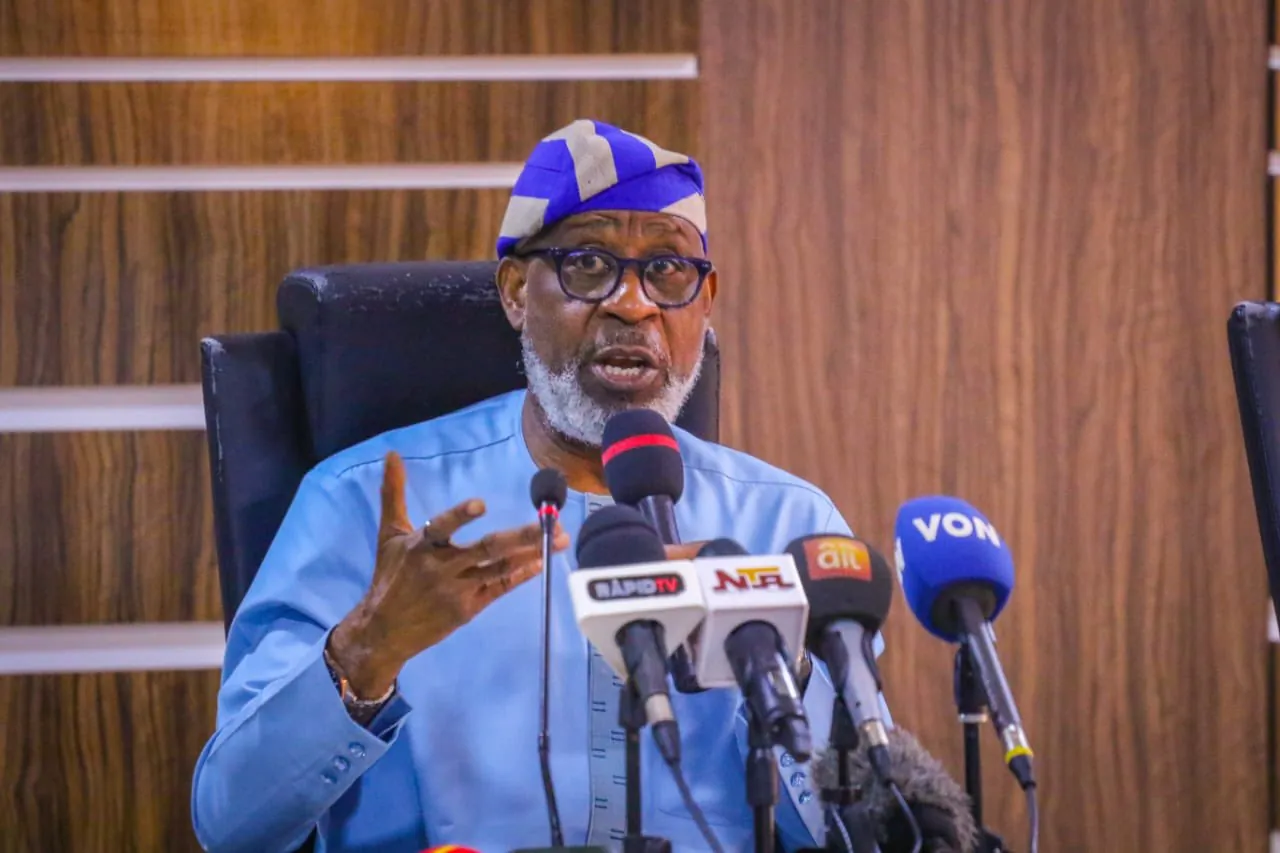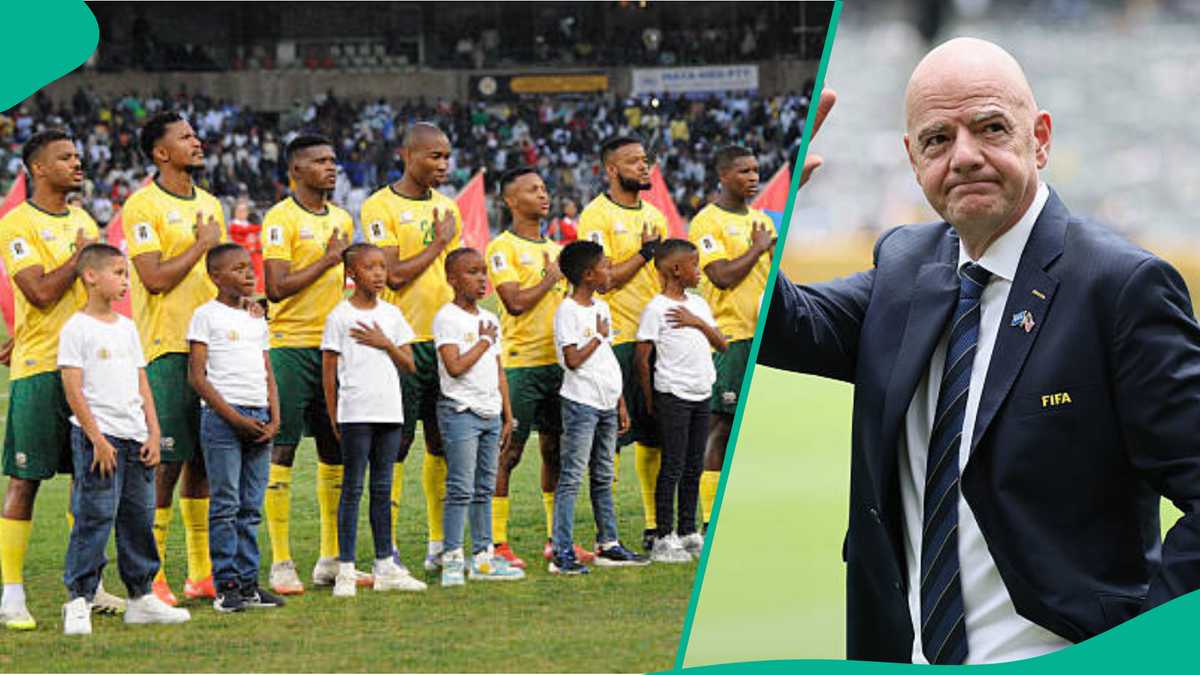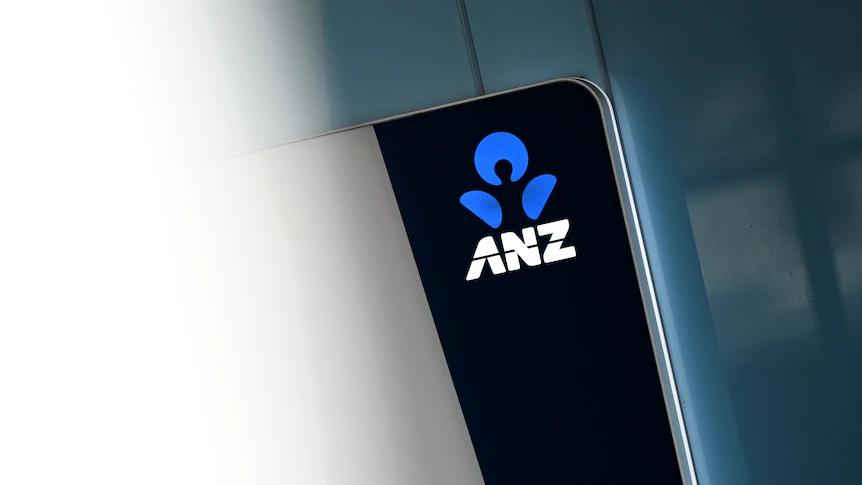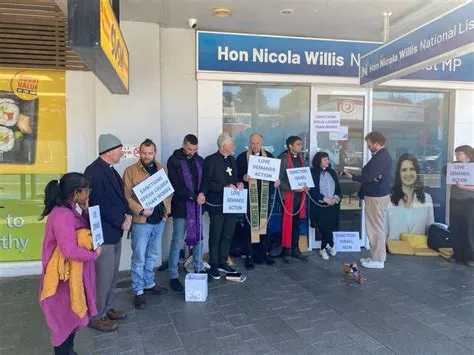By Kazeem Biriowo
Copyright tribuneonlineng

The Minister of Solid Minerals Development, Dr Henry Dele Alake, has stated that the country’s GDP growth is contingent on addressing key challenges in the solid minerals sector, particularly insufficient geological data, illegal mining, weak infrastructure, informal operations, and a significant financing gap.
Speaking at the NASD-SMDF webinar on “Unlocking Nigeria’s Solid Minerals Potentials Through the Capital Market”, the Minister’s representative, Amira Adamu Waziri, Senior Adviser on Mining & Policy, noted that despite Nigeria’s vast solid mineral resources, the sector contributes less than 1% to national GDP.
The webinar aimed to advance the financing prospects of Nigeria’s mining sector, and the insights gained are expected to shape investment readiness and accelerate sustainable growth and value creation in the mining industry through the capital market.
She said, “The reasons are well known—insufficient geological data, weak infrastructure, informal operations, illegal mining, and a significant financing gap.
“It is this financing gap that today’s conversation seeks to address—by exploring how Nigeria’s capital market can serve as a channel for patient, long-term, and strategic investment in the solid minerals value chain.”
To address these challenges, the Ministry has adopted a seven-point agenda, which includes establishing the Nigeria Solid Minerals Company, creating the Mines Marshalls to tackle illegal mining, comprehensive geological data acquisition, formalisation of artisanal and small-scale mining, promotion of value addition and local processing, attracting large-scale foreign and local investment, and robust stakeholder engagement.
Waziri underscored the importance of the capital market in driving the growth of the mining sector.
“The capital market plays a vital role in our journey towards a sustainable mining sector. Through the capital market, we can mobilise long-term financing for exploration and project development, support junior mining companies to list, raise funds, and scale operations, facilitate securitisation and monetisation of geological assets, and channel institutional capital into infrastructure and processing hubs.”
The Minister is of the view that this webinar marks the beginning of a broader national conversation on using structured capital to unlock mineral wealth.
“We look forward to collaborating with NSMC, SMDF, and other stakeholders to develop bespoke instruments, listings, and frameworks that will make this vision a reality,” Waziri said.
The Minister reiterated that Nigeria stands at the threshold of a mining renaissance. “We have the mineral resources.
“We have the political will. What we now require is the capital, technology, and partnerships to unlock this potential.
“As we explore the possibilities before us today, let us keep in mind that this sector is not just about extracting minerals—it is about building an economy that is inclusive, resilient, and globally competitive.”
In his presentation, the Director General of the Mining Cadastre Office (MCO), Engr Obadiah Simon Nkom, shed light on the various licensing requirements for mining operations in Nigeria.
According to him, the MCO is responsible for regulating and managing the country’s mineral resources.
Speaking on the different types of licences, Nkom explained that a Mining Lease (ML) covers an area of 50km² with a maximum of 250CU. “According to Section 164 of the NMMA, 2007, Mining Operations are described as the operations and works carried out in the course of mineral exploitation, inclusive of the search for and exploration of minerals, beneficiation, processing, and contract mining,” he said.
For a Quarry Lease (QL), Nkom noted that it covers an area of 5km² with a maximum of 25CU. “According to Section 164 of the NMMA, 2007, a quarry is described as a surface working, or uncovered excavation, used for the purpose of extracting mineral resources for construction,” he said, adding that examples of quarriable minerals include asbestos, china clay, limestone, and sand.
On Small Scale Mining Lease (SSML), Nkom explained that it covers an area of 3km² with a maximum of 15CU. “According to Section 164 of the NMMA, 2007, Small Scale Mining means artisanal, alluvial and other forms of mining operations involving the use of low-level technology or application of methods not requiring substantial expenditure for the conduct of mining operations within a small scale,” he said.
Nkom also outlined the requirements for exploration licences and leases, which include completed application forms, copies of certificate of incorporation, certificate of registration for cooperative societies, and an attestation of non-conviction of criminal offences.
“The processing fee for EL is ₦500,000.00 for 100CU, ₦600,000.00 for QL/2CU, and ₦300,000.00 for SSML/2CU payable to the Nigeria Mining Cadastre Office through ‘(link unavailable)’,” he said.
Nkom noted that a pre-feasibility study and minimum work programme are required for leases and exploration licences, respectively.
“The minimum work programme must be stamped and signed by a COMEG member, indicating the mineral(s) to explore, quarry, or mine,” he said.
Also, Paul Lalovich, Adviser at Ore Reserve Development Forum, in his presentation, revealed plans to leverage blockchain technology to transform Nigeria’s solid minerals sector.
Speaking on the proposed Digital Future Fund, Lalovich explained that the \$520 million investment would accelerate blockchain infrastructure and Web3 adoption across growth markets.
“The launch of the US\$520 million Digital Future Fund presents a transformative opportunity to scale blockchain infrastructure and Web3 adoption across growth markets through an ethical, asset-backed investment framework,” Lalovich said. “The fund ensures both equitable participation and long-term asset control through a lease-to-own hybrid model.”
The initiative aims to generate \$180 million in annual revenue by year five, delivering an expected IRR of 18–22% and a four to five-year payback period. Lalovich also highlighted the potential for creating over 800 direct blockchain-related jobs, training over 10,000 professionals annually, and nurturing over 500 blockchain startups within a five-year period.
Lalovich also discussed the potential for tokenisation of mineral assets, saying, “This adaptation positions Nigeria’s mining incubator as a digital FDI catalyst—using RWA tokenisation to unlock, grow, and monetise the nation’s mineral wealth with transparency and global investor access.”
The proposed incubator would channel investment into Nigerian mining via security token offerings (and other digital asset hubs). The incubator would provide anchor capital, de-risk early stages, and catalyse foreign direct investment (FDI).
The potential benefits of this initiative include increased transparency, improved efficiency, and enhanced global investor access. With a projected compound annual growth rate (CAGR) of 49.7%, the asset tokenisation market is expected to reach \$28.7 trillion by 2030.
Lalovich’s presentation highlights the potential for blockchain technology to transform Nigeria’s solid minerals sector and drive economic growth.
Omotayo Omitokun, Executive Assistant to the Executive Secretary of SMDF, Hajiya Fatima Umaru Shinkafi, expressed gratitude to the esteemed speakers, distinguished participants, stakeholders in the mining sector and capital markets, and colleagues for their participation.
He specifically thanked the Director General of MCO, Engr Obadiah Simon Nkom, for enlightening the audience on licensing and regulatory processes, Mr Jon O’Callaghan for his insights on the mining assets development cycle and ensuring investment readiness, and Mr Paul Lalovich for exploring innovative financing models like asset tokenisation.
These insights are crucial for deepening capital market participation in Nigeria’s mining sector and unlocking the true value of mineral resources.
Omotayo also acknowledged the unwavering support of the Honourable Minister of Solid Minerals Development, Dr Dele Alake, represented by Mrs Amira Waziri, and the forward-thinking MD of NASD Plc, Mr Eguarekhide Longe, and his team. He appreciated the SMDF staff for their behind-the-scenes work and the moderator, Mr Oludare Fajimolu, for ensuring the event’s smooth coordination.
Hajiya Fatima Umaru Shinkafi’s leadership in driving reforms and strategic partnerships, such as with the Africa Finance Corporation, has been instrumental in attracting private sector investment and driving growth in the sector.
ALSO READ TOP STORIES FROM NIGERIAN TRIBUNE



